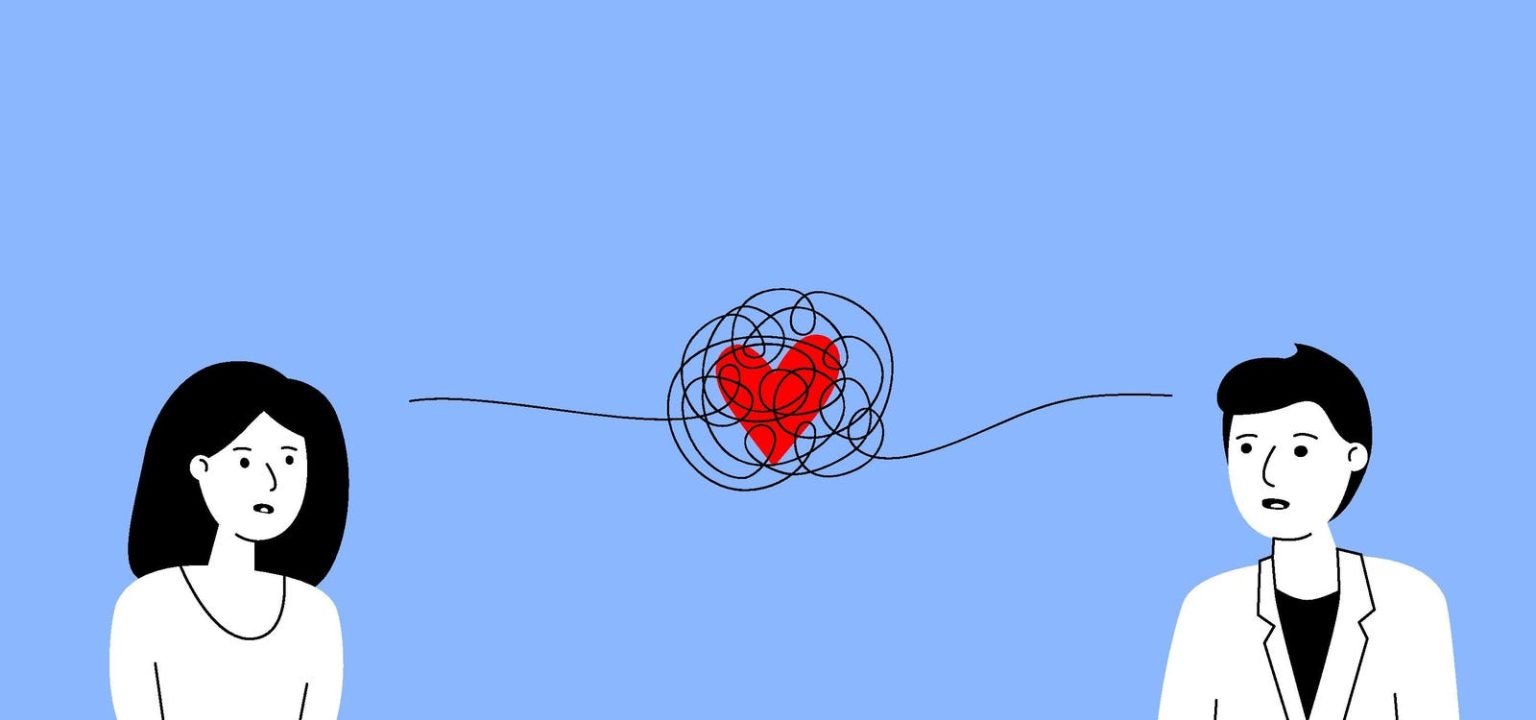Many people find themselves in therapy feeling like their relationships are stuck in a cycle of unresolved issues. They may express concerns about constant arguments, communication difficulties, and a sense of disconnect with their partner. Recognizing these signs can help diagnose and address relationship problems before they escalate.
One key indicator of a tumultuous relationship is frequent arguments about significant issues. Research shows that topics such as communication, parenting, finances, and intimacy can lead to lower relationship satisfaction and dysfunctional patterns of conflict resolution. Engaging in prolonged arguments without resolution can create a sense of being stuck in a never-ending cycle of conflict.
Another warning sign is engaging in ineffective communication styles. Two forms of communication, accommodation and capitalization, can either positively or negatively impact relationship satisfaction. Destructive responses such as criticism, avoidance, and disinterest can block conflict resolution and hinder emotional connection between partners. Recognizing and addressing these patterns is crucial for improving communication in a relationship.
Setting discordant personal goals can also be detrimental to a relationship. Misaligned goals can lead to conflicts and a lack of support between partners. Feeling unsupported by a partner can contribute to feelings of isolation and disconnection within the relationship. Recognizing differences in life goals and working towards alignment and compromise is essential for maintaining a healthy relationship.
When conflicts, destructive communication patterns, and differences in life goals become prevalent in a relationship, it may signal a decline in the relationship’s health. It is important for partners to recognize these signs and actively work towards resolving issues. By implementing effective conflict resolution strategies, fostering constructive communication, and remaining open to compromise and change, partners can rebuild a strong and healthy relationship.
For individuals wondering if they and their partner share a dysfunctional conflict resolution style, a psychological assessment tool called the Ineffective Arguing Inventory can provide insight. Recognizing and addressing unhealthy patterns in communication and conflict resolution is essential for maintaining a positive and fulfilling relationship. Being proactive in addressing issues can help prevent further deterioration and strengthen the bond between partners.


